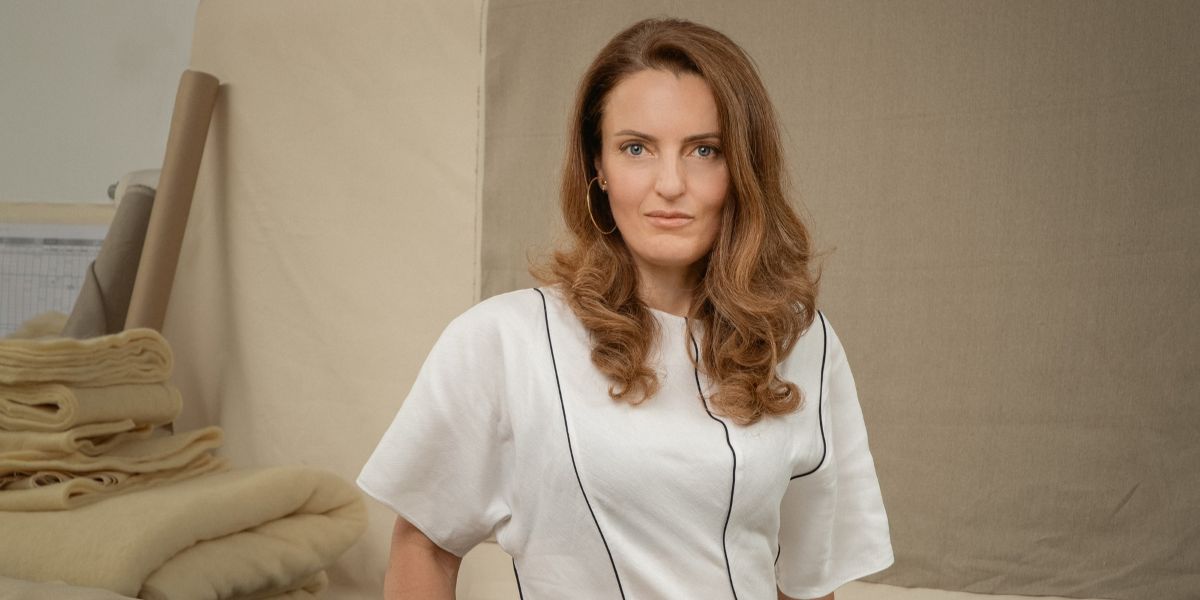Pope Benedict XVI, who was 95 years old, recently died on Saturday in the Vatican City, according to the Vatican press office.
The office claims that Pope Benedict XVI is already ill from old age. His health was already deteriorating, and finally, he passed away. This week, Pope Francis revealed that Pope Benedict XVI already had health problems.
The late pope’s burial will be held on Thursday in St. Peter’s Square, and Pope Francis will officiate, according to the Vatican.
The late pope acquired considerable theological instruction. He was born Joseph Ratzinger on April 26, 1927, in Bavaria, Germany. The congregation chose him to succeed Pope John Paul II when he passed away in 2005, mostly because of his expertise and 25 years of experience as the chief defender of orthodoxy within the Vatican.
Pope Benedict XVI was the first German to hold the papacy since the eleventh century. The most traditional pope in history was Benedict XVI. His decision in 2013 rocked the globe and altered how the pope is perceived in the current era.
“Here is a man who in prayer discerned his own limits and said, ‘I can go so far, I do not have the physical strength to go further, and therefore I resign,’ as he explains in that interview book. He had a sense of peace that he had made the right decision,” said Gerard O’Connell, a Vatican correspondent.
After leaving his position, Pope Benedict XVI was criticized by those who claimed that his departure had an impact on the direction of the Vatican. Other Benedict measures were also criticized by others.
“They’re sympathetic with Benedict, but they saw that really he was not able to push through some big items on his agenda. They see Benedict as perhaps a frustrated pope, frustrated in his ambitions, frustrated in part by his own top officials, and I think that’s where we’re seeing some more open criticism than we ever saw before,” said one Vatican Diaries author John Thavis.
“Pope Benedict came into office knowing more about abuse than any other Catholic official on the planet, and I think many victims and many Catholics had some real hope that he would clean house, and he clearly didn’t,” added David Clohessy, the Survivors Network of Those Abused by Priests executive director.
“With Pope Benedict XVI, we saw the reverse — we saw the pope obliged to defend his advisers who were attacked, and the outcome was that the pope was overexposed and eventually was forced to resign,” adds Massimo Franco, another author.
Read Also: Chinese Government Eased Restrictions, Sending Positive Waves Among Companies
Pope Benedict XVI resigned from his post
Because of his pronouncement, the late pope stunned the whole globe. Since the 15th century, a candidate for the pope hasn’t voluntarily renounced it until Benedict’s resignation.
“I have convoked you to this Consistory, not only for the three canonizations but also to communicate to you a decision of great importance for the life of the Church. After repeatedly examining my conscience before God, I have come to the certainty that my strengths, due to an advanced age, are no longer suited to an adequate exercise of the Petrine ministry,” he wrote.
“I am well aware that this ministry, due to its essential spiritual nature, must be carried out not only with words and deeds but no less with prayer and suffering. However, in today’s world, subject to so many rapid changes and shaken by questions of deep relevance for the life of faith, in order to govern the barque of Saint Peter and proclaim the Gospel, both strength of mind and body are necessary, strength which in the last few months, has deteriorated in me to the extent that I have had to recognize my incapacity to adequately fulfill the ministry entrusted to me.”
“For this reason, and well aware of the seriousness of this act, with full freedom I declare that I renounce the ministry of Bishop of Rome, Successor of Saint Peter, entrusted to me by the Cardinals on April 19 2005, in such a way, that as from February 28 2013, at 20:00 hours, the See of Rome, the See of Saint Peter, will be vacant and a Conclave to elect the new Supreme Pontiff will have to be convoked by those whose competence it is.”
Read Also: Avatar: The Way of Water Must Perform Better in 2nd Week
The former pope’s policy
In 1951, Ratzinger became a priest. He then began to teach theology. He served as a theological advisor to the Second Vatican Council for eleven years. Ratzinger brought reforms inside the 20th-century Catholic Church by serving as the adviser to a high-ranking position in the Vatican.
In 1977, he was named the archbishop of Munich by the pope in power, Pope Paul VI. Then, after some time, Pope John Paul II appointed him as the head of the Vatican’s theological watchdog, the Commission for the Doctrine of Faith.
Ratzinger, who held a position of considerable authority and swayed inside the Vatican hierarchy, upheld extremely conservative ideas. He categorically rejected the prospect of female priests, same-sex unions, and priests who voluntarily wanted to wed, for example.
He also tightened down on homosexuality in the meanwhile, publishing a public statement in 1986 that described it as an “objective disease and an essential moral evil.”
Pope Benedict XVI ran a pro-life, anti-stem-cell, anti-divorce campaign when he was elected.
Photo Credit: Gasper Furman
Source: NPR








